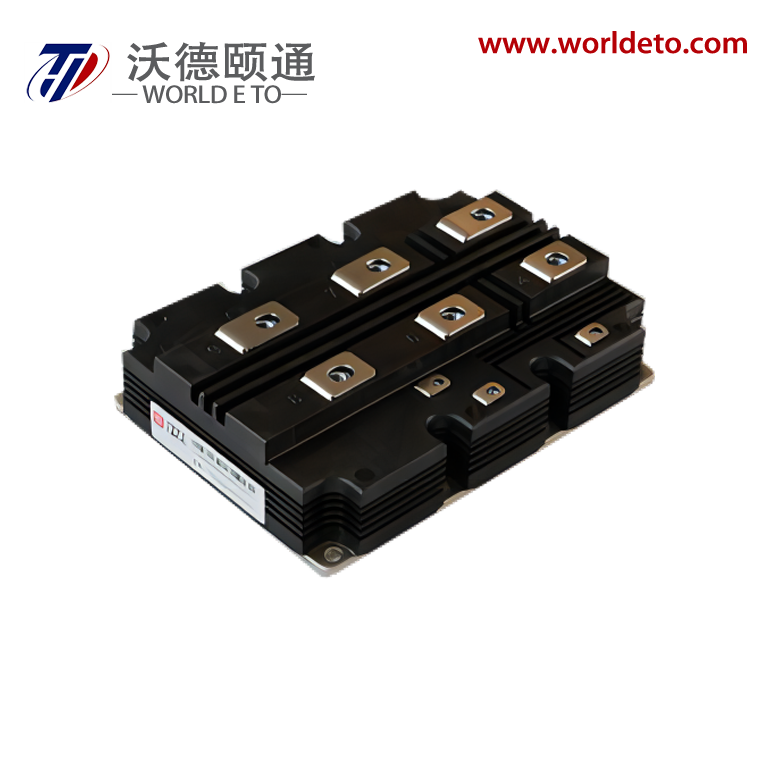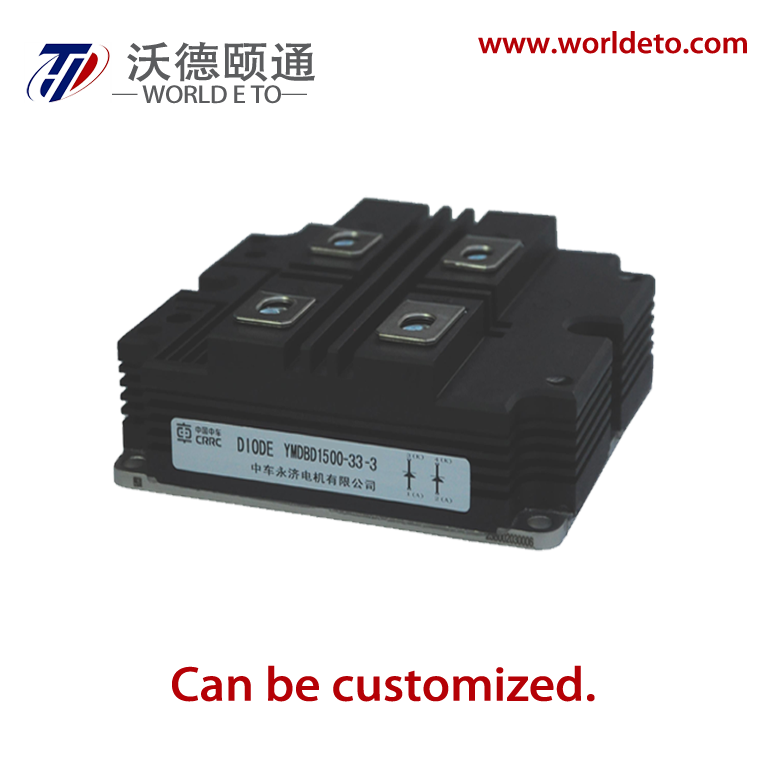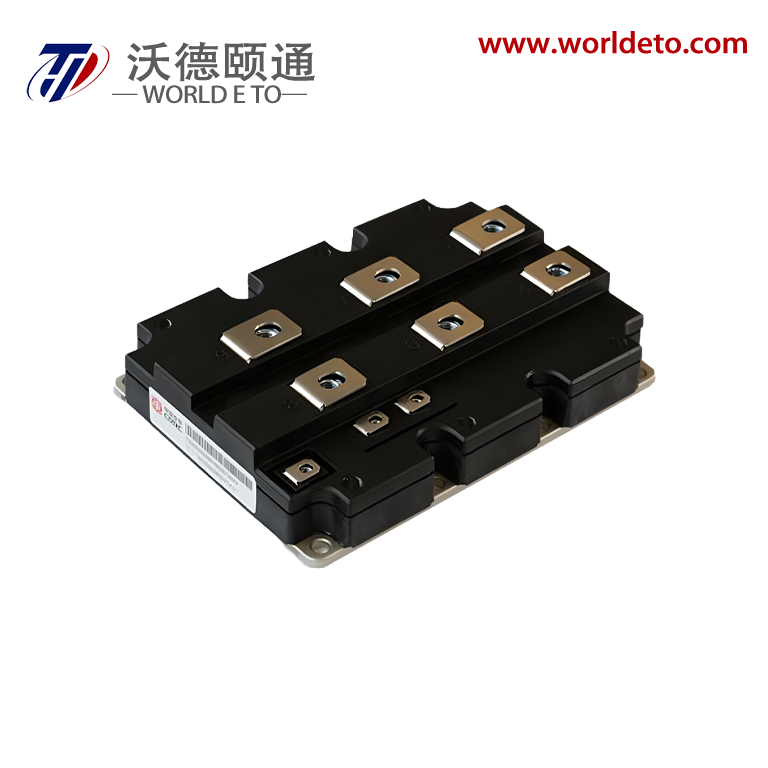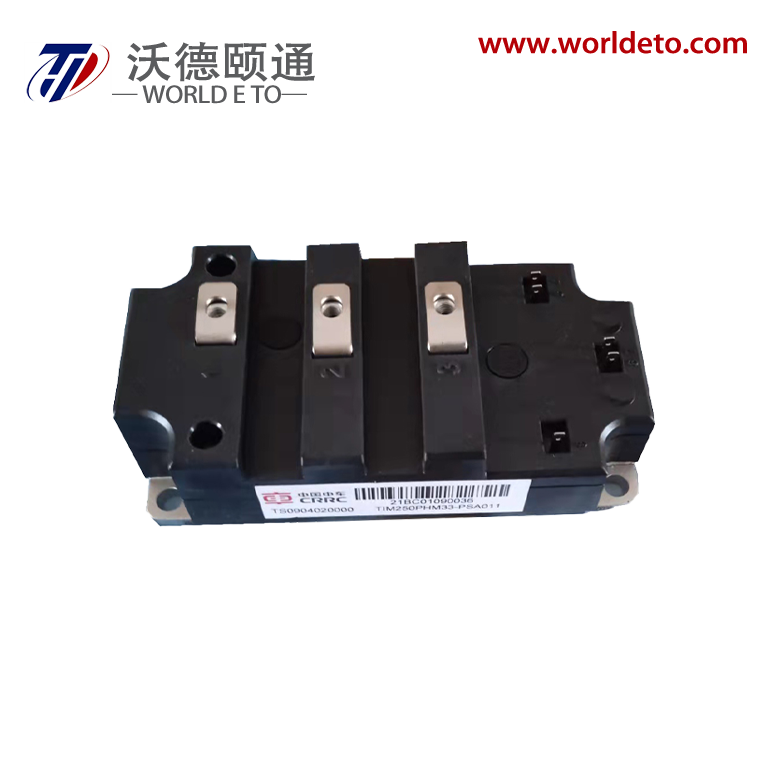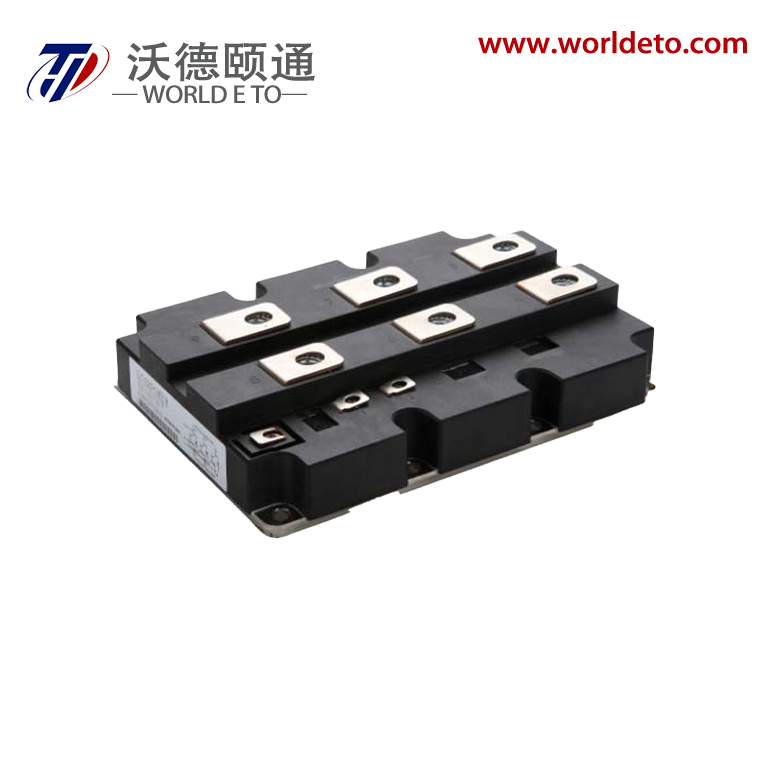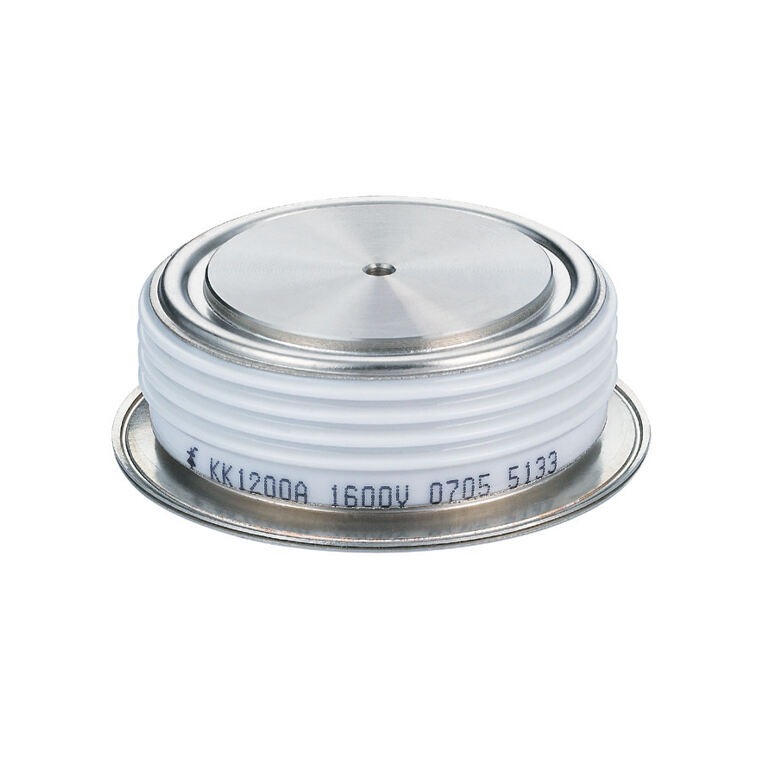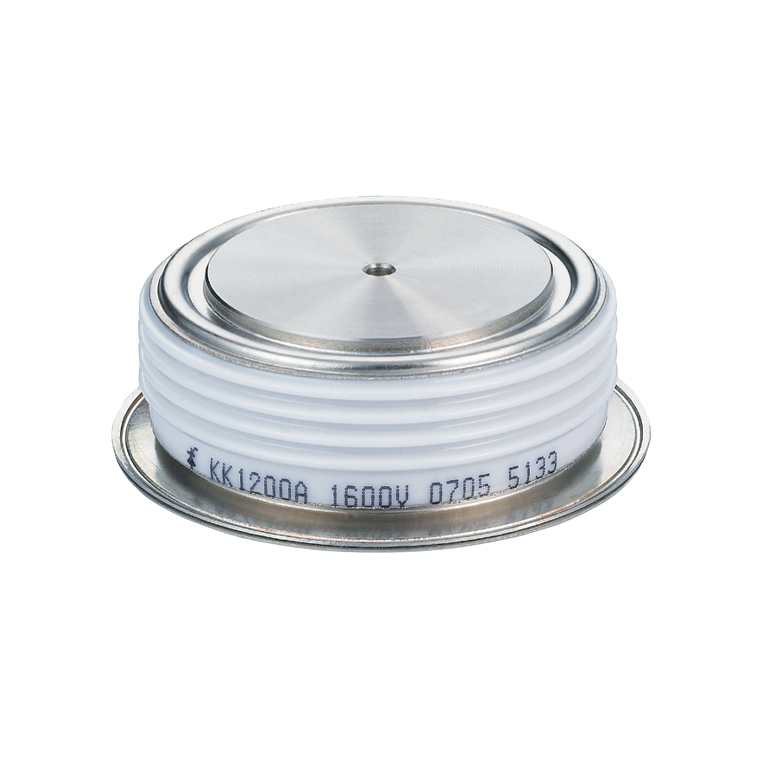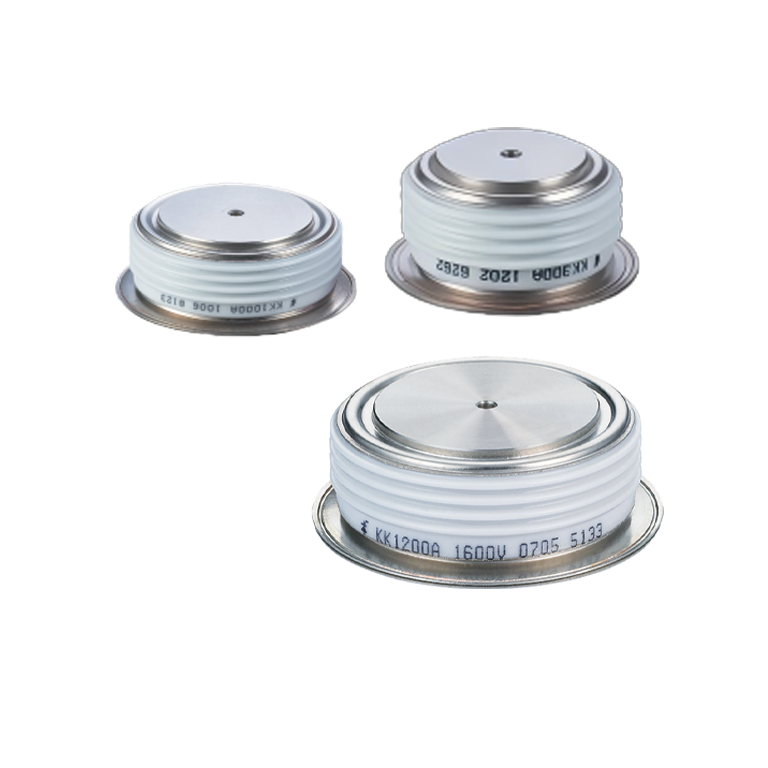power supply module price
Power supply module pricing encompasses a comprehensive range of factors that influence the cost of these essential electronic components. These modules, which convert and regulate electrical power for various devices and systems, vary in price based on their specifications, quality, and capabilities. The pricing structure typically reflects factors such as output voltage range, current capacity, efficiency ratings, and protection features. Modern power supply modules incorporate advanced technologies like switched-mode power supply (SMPS) designs, which offer higher efficiency and smaller form factors compared to traditional linear power supplies. The market offers options from basic models starting at a few dollars to sophisticated units costing hundreds, depending on precision, reliability requirements, and application demands. Manufacturers consider research and development costs, component quality, manufacturing processes, and market competition when setting prices. The pricing also accounts for additional features such as overcurrent protection, thermal management systems, and electromagnetic interference (EMI) filtering. For industrial applications, power supply modules often command premium prices due to their enhanced durability, extended temperature ranges, and compliance with strict safety standards. The price point also reflects warranty terms, after-sales support, and certification requirements for different markets and applications.

